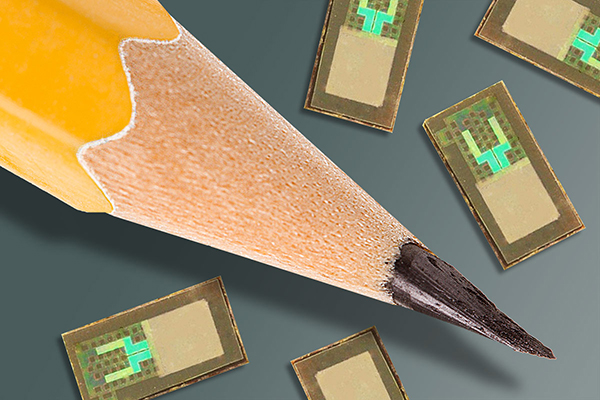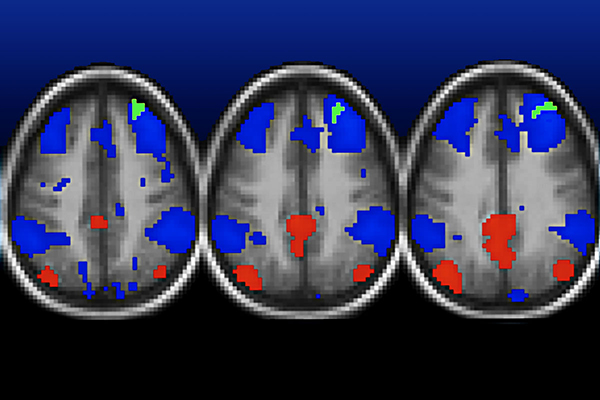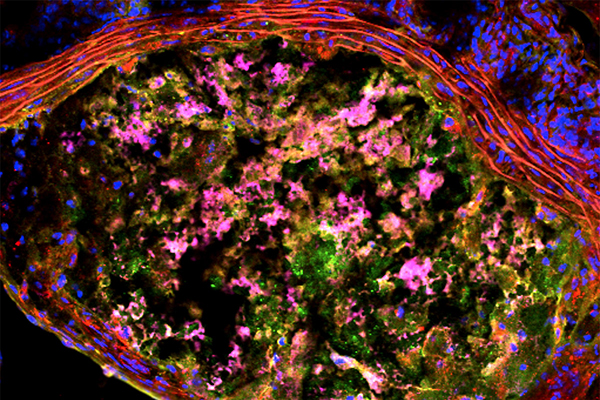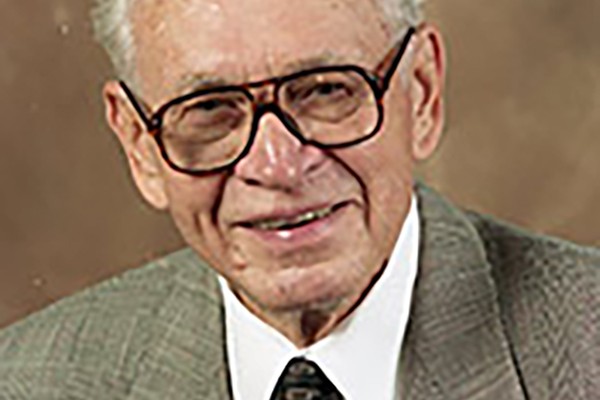Siteman: On the front lines in the fight against HPV
Most cancers caused by the human papillomavirus (HPV) are preventable with a vaccine. Yet the infection is responsible for 27,000 cancer diagnoses each year in the U.S. Siteman Cancer Center and the School of Medicine is joining with the 68 other National Cancer Institute-Designated Cancer Centers to promote HPV vaccination and reduce that number.
Team develops wireless, dissolvable sensors to monitor brain
A team of neurosurgeons from the School of Medicine and engineers at the University of Illinois at Urbana-Champaign have developed wireless brain sensors that monitor intracranial pressure and temperature and then are absorbed by the body, negating the need for surgery to remove the devices.
Poverty linked to childhood depression, changes in brain connectivity
Many negative consequences are linked to growing up poor, and researchers at Washington University St. Louis have identified one more: altered brain connectivity.
$60 million to study common diseases
The McDonnell Genome Institute at Washington University School of Medicine in St. Louis will receive $60 million from the National Institutes of Health (NIH) to study the genetics of common diseases, such as heart disease, diabetes, stroke, autism and epilepsy.
Celebrating the legacy of Martin Luther King
The 29th Annual Dr. Martin Luther King Jr. Commemorative Celebration at Washington University in St. Louis will recognize members of the St. Louis and university community who continue to advance King’s message through service and leadership. Jason Purnell, PhD, assistant professor at the Brown School, will deliver the keynote address at the event that begins at 7 p.m. Monday, Jan. 18, in Graham Chapel.
Atherosclerosis is Alzheimer’s disease of blood vessels, study suggests
Studying mice and tissue samples from the arteries of patients with atherosclerosis, researchers at Washington University School of Medicine in St. Louis suggest this plaque accumulation is driven, at least in part, by processes similar to the plaque formation implicated in brain diseases such Alzheimer’s and Parkinson’s.
Ebola medical team develops guidelines for treating infected children
Researchers involved in the treatment of children infected with Ebola have developed a set of guidelines aimed at improving how Ebola-infected children are treated.
Wall named inaugural Selina Okin Kim Conner Professor in Arts & Sciences
L. Lewis Wall, MD, DPhil, has been named the inaugural Selina Okin Kim Conner Professor in Arts & Sciences at Washington University in St. Louis. He was installed Oct. 21. Wall is also professor of anthropology in Arts & Sciences and professor of obstetrics and gynecology at Washington University School of Medicine in St. Louis.
Obituary: Charles L. Roper, professor emeritus of surgery, 90
Charles L. Roper, MD, a groundbreaking cardiothoracic surgeon and a professor emeritus of surgery at Washington University School of Medicine in St. Louis, died of respiratory failure Dec. 17, 2015, in Kirkwood, Mo. He was 90.
$4.1 million Clayco Foundation gift aids research into rare disease
Clayco’s chairman and CEO, Robert G. Clark, along with the company’s partners, have committed $4.1 million to Washington University School of Medicine in St. Louis to advance research into a rare blood vessel disease that results in death five to 10 years following diagnosis.
View More Stories









